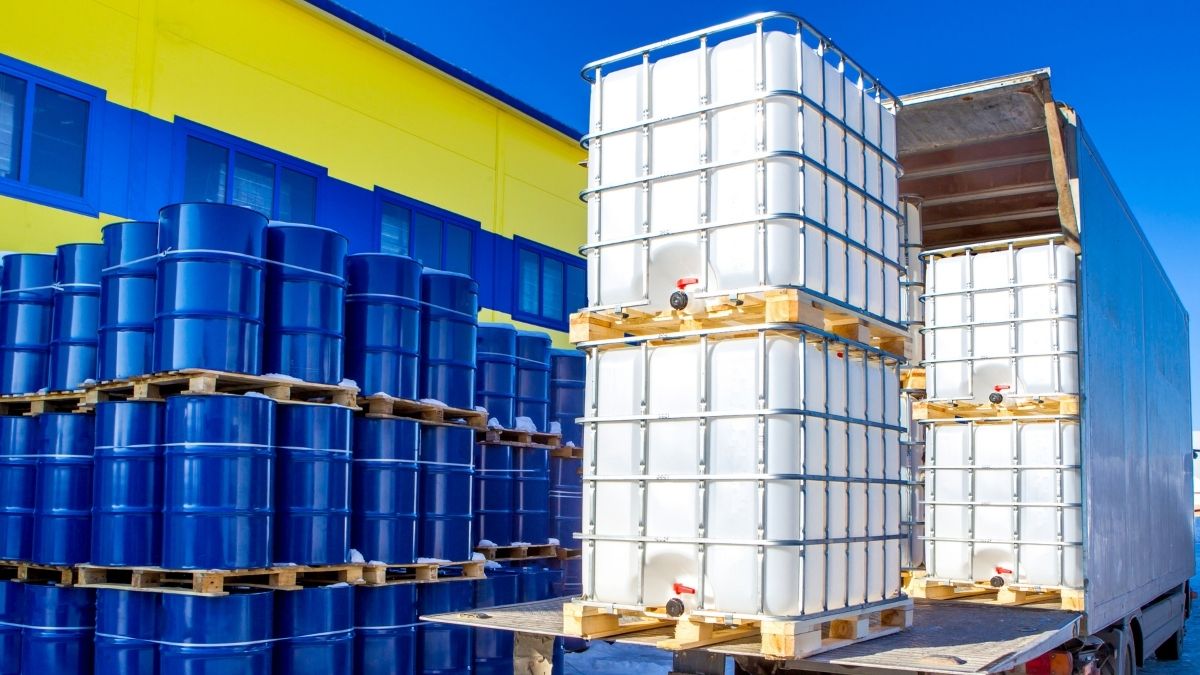It seems every year the public learns more and more about how corporations have damaged Earth. The illegal or improper dumping of hazardous materials has left irreparable harm on the planet. But we can avoid future calamities if corporate leaders recognize and avoid the common mistakes businesses make when handling chemicals.
Illegally Dumping Hazardous Chemicals
It would be nice if there was no need to remind people of this mistake, but unfortunately illegal dumping is still a common occurrence in the United States and the rest of the world. When a company takes on hazardous chemicals, they have a responsibility to find a safe, eco-friendly way to dispose of the waste, possibly with the help of a waste cleanup company. When the law and basic safety regulations are ignored, human, plant, and animal lives are put at risk.
Letting Untrained Employees Handle Hazardous Chemicals
Employees that handle hazardous chemicals must be trained thoroughly. While it is best to hire someone who already has experience in these settings, it is often necessary for companies to do the training. This step should not be ignored, as poorly trained employees can cause harm to themselves, people in the company, and the general public. Making sure they know how to properly use a combination safety shower and eye was station, for instance, is vital.
Not Labelling the Chemicals
Labels are an essential tool for any company that works with chemicals. Labels warn employees of toxic agents. Tragedies can and do occur when businesses fail to properly label their chemicals. Even worse, some do not label them at all. One person in the company should be assigned the task of checking labels periodically, just to make sure everything is in the correct order.
Not Keeping the Lid on Hazardous Containers
For a lid to be properly closed it must be vapor tight and leak proof. If it is not closed to completion, or left open, the waste can evaporate. Since leaving a container open is one of the common mistakes businesses make when handling chemicals, it is smart to put signs and notices around the container storage areas. T










 Deering Estate
Deering Estate
 Massage Envy South Miami
Massage Envy South Miami
 Calla Blow Dry
Calla Blow Dry
 My Derma Clinic
My Derma Clinic
 Sushi Maki
Sushi Maki
 Sports Grill
Sports Grill
 The Healthy Kitchen
The Healthy Kitchen
 Golden Rule Seafood
Golden Rule Seafood
 Malanga Cuban Café
Malanga Cuban Café

 Kathleen Ballard
Kathleen Ballard
 Panter, Panter & Sampedro
Panter, Panter & Sampedro
 Vintage Liquors
Vintage Liquors
 The Dog from Ipanema
The Dog from Ipanema
 Rubinstein Family Chiropractic
Rubinstein Family Chiropractic
 Your Pet’s Best
Your Pet’s Best
 Indigo Republic
Indigo Republic




 ATR Luxury Homes
ATR Luxury Homes


 2112 Design Studio
2112 Design Studio
 Hamilton Fox & Company
Hamilton Fox & Company
 Creative Design Services
Creative Design Services
 Best Pest Professionals
Best Pest Professionals
 HD Tree Services
HD Tree Services
 Trinity Air Conditioning Company
Trinity Air Conditioning Company
 Cisca Construction & Development
Cisca Construction & Development
 Mosquito Joe
Mosquito Joe
 Cutler Bay Solar Solutions
Cutler Bay Solar Solutions


 Miami Royal Ballet & Dance
Miami Royal Ballet & Dance
 Christopher Columbus
Christopher Columbus
 Pineview Preschools
Pineview Preschools
 Westminster
Westminster
 Carrollton
Carrollton
 Lil’ Jungle
Lil’ Jungle
 Frost Science Museum
Frost Science Museum
 Palmer Trinity School
Palmer Trinity School
 South Florida Music
South Florida Music
 Pinecrest Orthodontics
Pinecrest Orthodontics
 Dr. Bob Pediatric Dentist
Dr. Bob Pediatric Dentist
 d.pediatrics
d.pediatrics
 South Miami Women’s Health
South Miami Women’s Health

 The Spot Barbershop
The Spot Barbershop
 My Derma Clinic
My Derma Clinic




 Miami Dance Project
Miami Dance Project

 Rubinstein Family Chiropractic
Rubinstein Family Chiropractic
 Indigo Republic
Indigo Republic

 Safes Universe
Safes Universe
 Vintage Liquors
Vintage Liquors
 Evenings Delight
Evenings Delight





 Atchana’s Homegrown Thai
Atchana’s Homegrown Thai
 Baptist Health South Florida
Baptist Health South Florida

 Laser Eye Center of Miami
Laser Eye Center of Miami
 Visiting Angels
Visiting Angels
 OpusCare of South Florida
OpusCare of South Florida

 Your Pet’s Best
Your Pet’s Best





 HD Tree Services
HD Tree Services
 Hamilton Fox & Company
Hamilton Fox & Company


 Creative Design Services
Creative Design Services